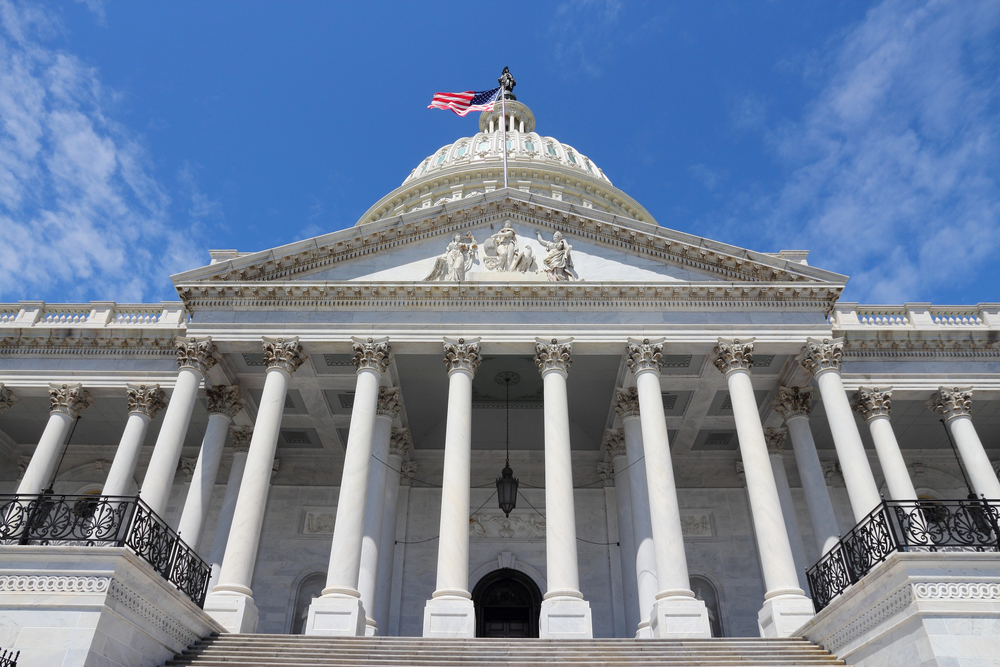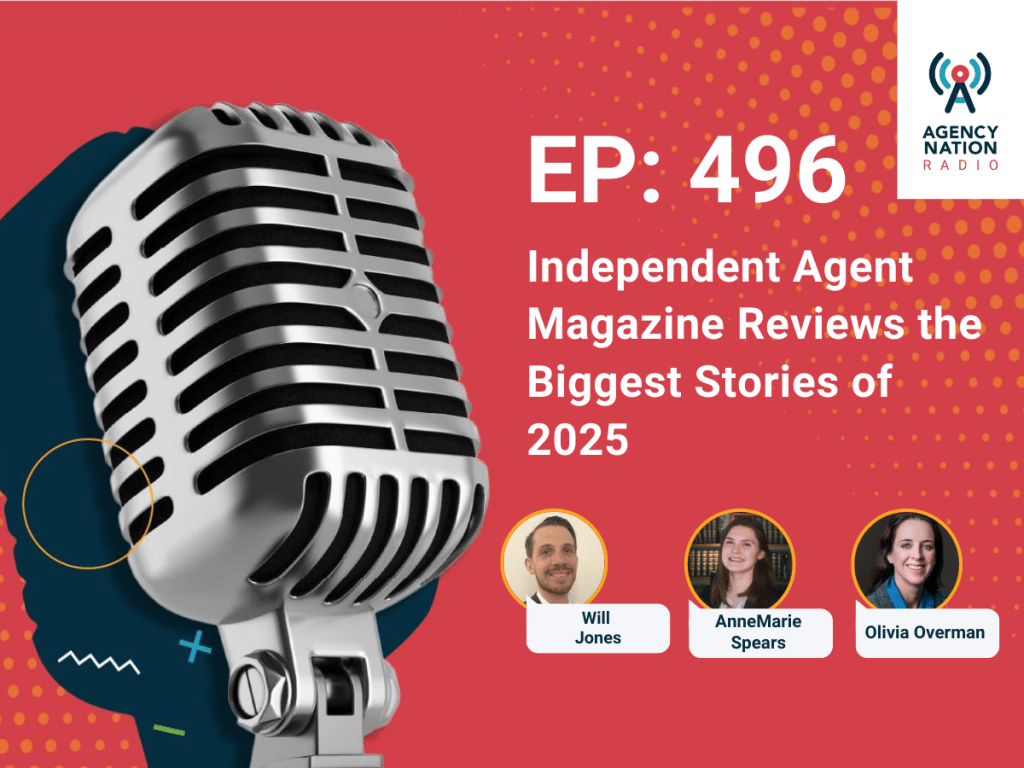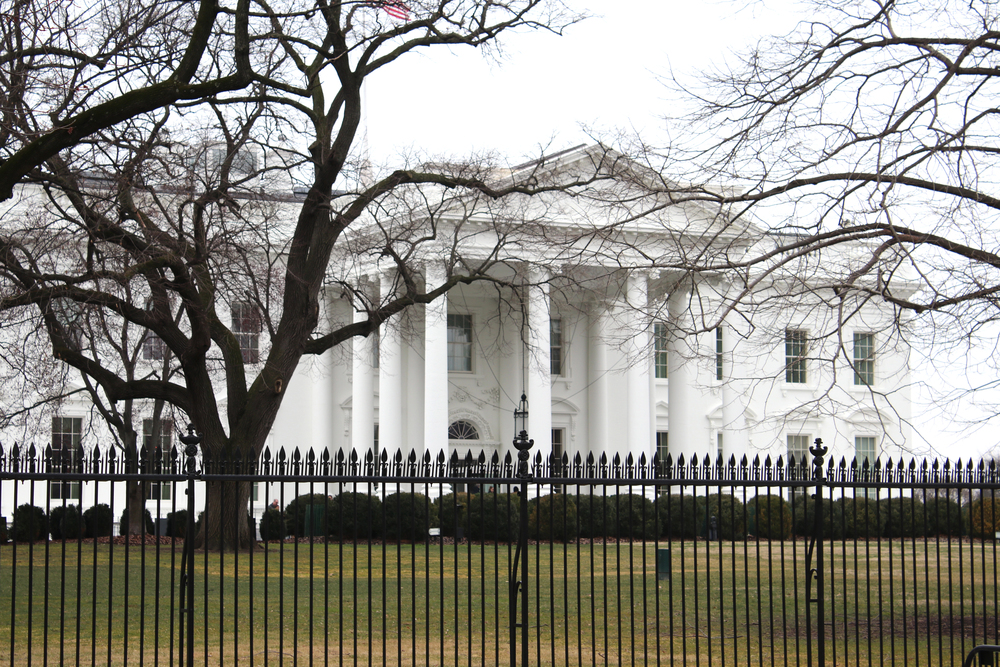No Federal Oversight of Premium Financing, Thanks to Big ‘I’

By: Wes Bissett
Last week, the federal Consumer Financial Protection Bureau (CFPB) issued a long-awaited and sweeping data collection regulation that provided welcome news to the independent agent community.
The CFPB had been considering the adoption of burdensome mandates that would have disrupted premium finance transactions but opted not to do so in its final rule, pointing to arguments made by the Big “I” in a comment letter.
The rule is a long-delayed response to Section 1071 of the Dodd-Frank Act, a somewhat obscure and overlooked provision of the historic financial services law passed nearly 13 years ago. Section 1071 amended the Equal Credit Opportunity Act and was intended to promote fair lending. This law requires most financial institutions to collect extensive data from any small business—those with $5 million or less in gross annual revenue during the preceding fiscal year—seeking a loan and to submit that information annually to the CFPB.
The rule issued last week will require lenders to collect and report over many separate data elements concerning each small business credit application. The information includes those data fields expressly identified in the Dodd-Frank Act itself, such as the type and purpose of the loan or credit, the amount of credit applied for and the amount approved, the action taken, the location of the business, the gross annual revenue of the business, whether the business is minority-owned or women-owned, and the race, sex, and ethnicity of the entity’s principal owners.
The CFPB further expanded this list with additional data fields that relate to the characteristics of the business, such as the number of employees, number of principal owners, time in business and the NAICS code, and the characteristics of the transaction, such as the application recipient, pricing, application method and denial reason.
The initial version of the rule released in September 2021 caused strong concern for many in the insurance sector because the CFPB indicated its intention for the regulation to apply to premium finance transactions.
Although the proposed rule would have imposed these mandates on financial institutions and not on Big “I” members directly, it is likely that agents would have borne the brunt of the extensive data collection obligation or been compelled to end their relationships with premium finance lenders.
Following the release of the proposed rule, the Big “I” urged the CFPB to utilize its expansive discretion to remove premium financing from the rule’s scope. The association partnered with two other industry organizations to submit an extensive comment letter that noted that premium financing is very different from other forms of commercial lending and that premium finance companies do not engage in traditional underwriting or utilize the specified data elements. The joint letter also expressed concern that applying these data collection mandates to premium finance arrangements could create conflicts with state insurance law and place insurance licensees in untenable positions.The Big “I” Capitol Hill team also advocated for the inclusion of a premium finance exemption in other ways.
The final rule issued last week exempts premium finance transactions from its scope. The CFPB pointed to the comment letter the Big “I” submitted and the arguments it presented when explaining the rationale for reversing its course and including the much-warranted exclusion.
Wes Bissett is Big “I” government affairs senior counsel.










